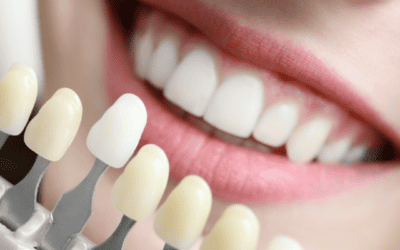With most of us being at home a lot more, the temptation to snack and to ‘treat ourselves’ to our favourite vices has never been stronger. However, healthy eating is so important and should be an everyday habit and a lifelong commitment.
Our dentist Dr Mishari is very particular about what is actually in the food he eats. He’s found that food manufacturers hide sugars in a lot of our food where we don’t expect it. Sugar is even a prominent ingredient in bacon and is most notorious for being in anything labelled ‘fat free’. Luckily for him, Mishari loves to cook things from scratch. Along the way he has found some tips and tricks to avoid excess sugar content in his diet. In this blog we will discuss why it’s important for us to limit our sugar intake and watch what we snack on. We will also provide some of Mishari’s sugar-free recipes.
When doing your weekly shop we encourage you to have a look at the ingredients and sugar content of your favourite supermarket produce. Next time you’re in the practice, let us know what you’ve found.
What is Sugar?

- Sugar is a form of carbohydrate that the body converts to glucose.
- There are several different sugars. Sugars occur naturally in some foods, such as fruit and dairy products, and are also added to a wide variety of foods.Sugar can take many different forms, including white, raw or brown sugar, honey or corn syrup.
- Sugars are popular in the processed food industry because they add taste, colour, bulk, and provide thickness to food products
What does it do to our mouth?
- Sugar and tooth decay are closely linked. Dental plaque is a clingy film made up of food particles, bacteria and mucous. The bacteria in plaque depend on sugars to produce acids, which break down the enamel and start tooth decay.

- All carbohydrates contribute to this process.
- The worst offenders are sticky sugars ( e.g. dried fruits) and sugars in sweets and soft drinks
- Even nutritious foods e.g. fruits and dried fruits, can allow bacteria in plaque to produce acids
Can snacking be healthy?
Short answer – yes – there is a caveat though. It really depends what you are snacking on.
As we talked about, acids are produced from plaque bacteria breaking down sugars. Every time you snack, your teeth go under this ‘acid attack’. It can take up to 20 minutes for your saliva to neutralise these acids. If you keep snacking, your saliva will struggle to neutralise the acids – every time your mouth has almost gone back to normal, you have another square of chocolate, biscuit or a sip of a sugary drink, and the cycle begins all over again.
How to reduce the risk of decay:

- Brush and floss regularly – twice a day for brushing and at least once a day for flossing
- Cut down on sticky, sugary, and processed carbohydrates like lollies and canned foods and potato chips
- Drink fluoridated water and use fluoride containing toothpaste
- Leave at least 2 hours between meals
- Drink water instead of cordials, soft drinks, and juices
- Visit your dentist regularly
Mishari’s Low Sugar Banana Bread

Ingredients:
- 1/3 cup light olive oil
- 1/4 cup organic honey ( or rice malt syrup)
- 2 large free range eggs
- 3 medium ripe bananas, mashed
- 1/4 cup lactose free ( skimmed ) milk
- 1 tsp vanilla extract
- 1 cup wholemeal flour or similar
- 1tsp baking soda
- 1/2 tsp salt
- 1/2 tsp cinnamon
- 1/2 cup chopped walnuts
Method


- Preheat oven to around 165 degrees( fan assisted)
- Medium bowl – mix oil and honey. Then eggs, whisk , then mashed bananas milk, vanilla and combine.
- In big bowl mix the dry ingredients – then add the wet ingredients to the dry and mix well until it’s the consistency of a sticky batter.
- Pour batter into greased baking tin.
- Bake for around 55 minutes.


